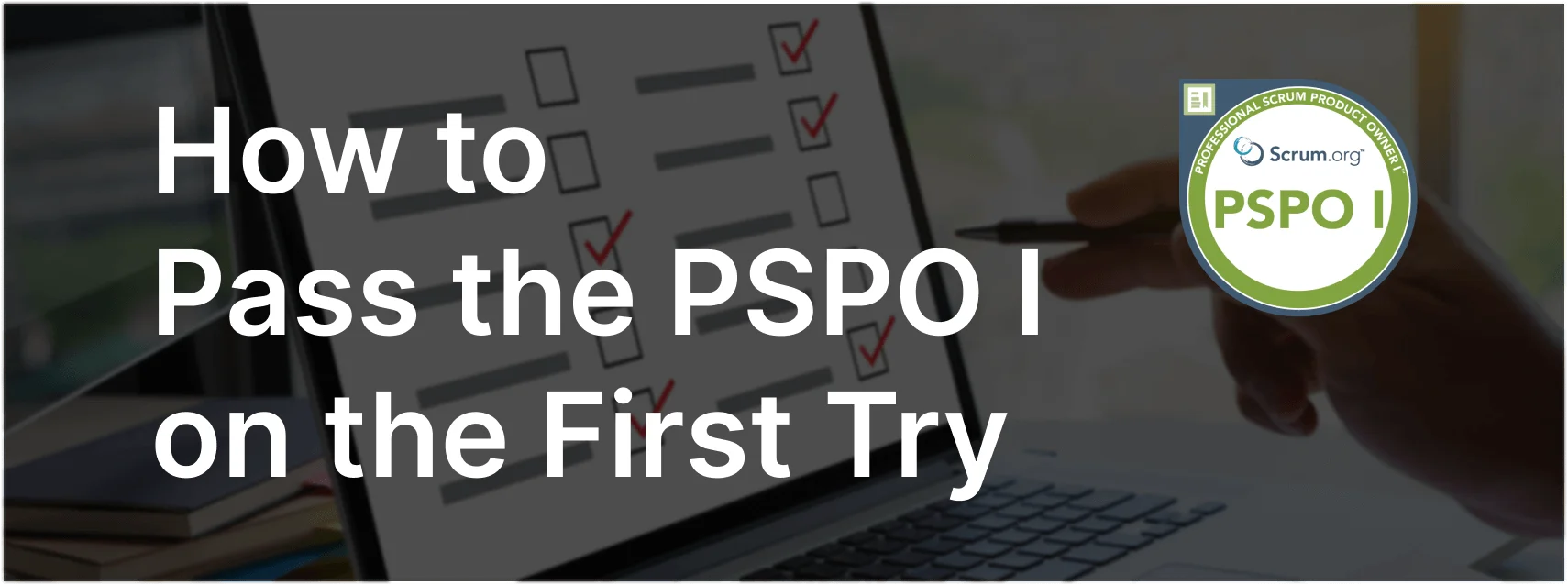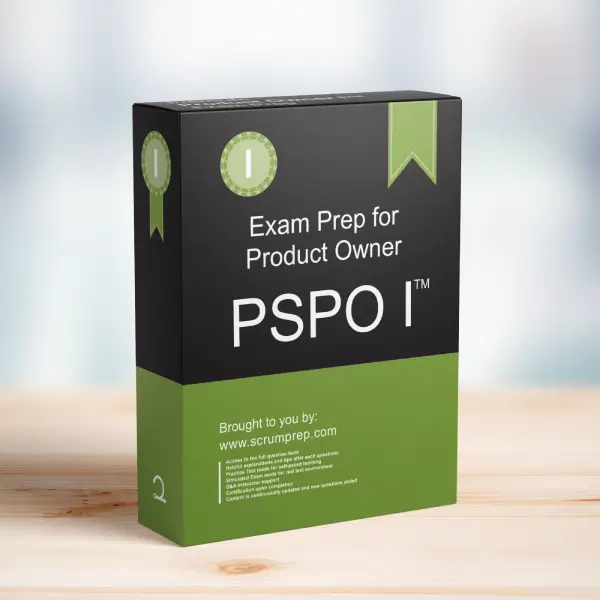Product Owner Responsibilities During a Sprint
Understanding the responsibilities of a Product Owner during a Sprint is crucial for effective Scrum practice. This article explores the typical tasks a Product Owner handles during a Sprint and clarifies common misconceptions.
Exam Question
What is a Product Owner typically responsible for during a Sprint?
(choose the best two answers)
A. Creating financial reporting upon the spent hours reported by the Developers.
B. Nothing.
C. Attending every Daily Scrum to answer questions about the Sprint Backlog items.
D. Working with the Scrum Team on Product Backlog refinement.
E. Collaborating with stakeholders, users, and customers.
F. Updating the work plan for the Developers on a daily basis.
Correct Answer
D. Working with the Scrum Team on Product Backlog refinement.
E. Collaborating with stakeholders, users, and customers.
Explanation
Correct Answers
D. Working with the Scrum Team on Product Backlog refinement:
The Product Owner is responsible for ensuring that the Product Backlog is well-managed and prioritized. This involves continuously refining and clarifying Product Backlog items with the Scrum Team to ensure that they are ready for future Sprints.
E. Collaborating with stakeholders, users, and customers:
Engaging with stakeholders, user communities, and customers is vital for gathering feedback to evolve the Product Backlog. This ongoing activity helps clarify and refine the backlog, ensuring that the team works on the most valuable items.
Incorrect Answers
A. Creating financial reporting upon the spent hours reported by the Developers: This is not a responsibility of the Product Owner. Financial reporting is typically handled by other roles within the organization.
B. Nothing: This is incorrect. The Product Owner has several responsibilities during a Sprint, including managing the Product Backlog and engaging with stakeholders.
C. Attending every Daily Scrum to answer questions about the Sprint Backlog items: The Product Owner does not need to attend every Daily Scrum. The Daily Scrum is for the Developers to inspect their progress toward the Sprint Goal and adapt their plan. The Product Owner should be available to answer questions if needed, but their presence is not mandatory.
F. Updating the work plan for the Developers on a daily basis: The Product Owner does not update the work plan for the Developers. The Developers are self-managing and responsible for creating and adapting their plan to achieve the Sprint Goal.
Responsibilities in Scrum
- Product Owner: The Product Owner is responsible for maximizing the value of the product by managing the Product Backlog, engaging with stakeholders, and ensuring that the team works on the most valuable items.
- Scrum Master: The Scrum Master facilitates Scrum events and helps the team adhere to Scrum principles, ensuring that the team remains productive and focused on delivering value.
- Developers: The Developers are responsible for turning Product Backlog items into Increments of value each Sprint. They are self-managing and work collaboratively to achieve the Sprint Goal.
Relevance to the PSPO I Exam
Understanding the responsibilities of the Product Owner during a Sprint is essential for the PSPO I exam. This knowledge ensures that candidates appreciate the importance of the Product Owner’s role in managing the Product Backlog and engaging with stakeholders to maximize value.
Key Takeaways
- The Product Owner collaborates with the Scrum Team on Product Backlog refinement.
- The Product Owner engages with stakeholders, users, and customers to gather feedback and evolve the Product Backlog.
- The Product Owner does not handle financial reporting, attend every Daily Scrum, or update the work plan for the Developers daily.
Conclusion
The responsibilities of a Product Owner during a Sprint are crucial for the success of a Scrum Team. By managing the Product Backlog and engaging with stakeholders, the Product Owner ensures that the team works on the most valuable items. Understanding these responsibilities is vital for effective Scrum practice and for preparing for the PSPO I exam. For more information on preparing for the PSPO I exam, visit our PSPO I Exam Prep.



